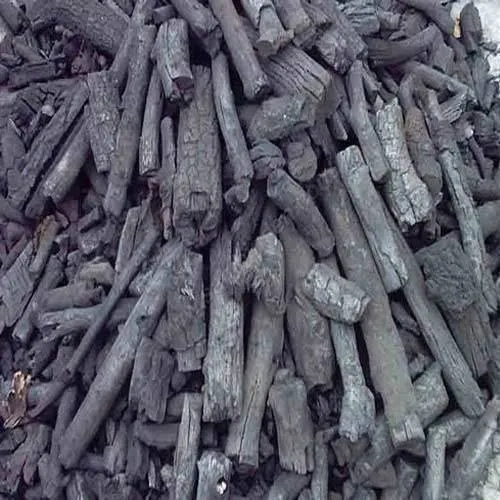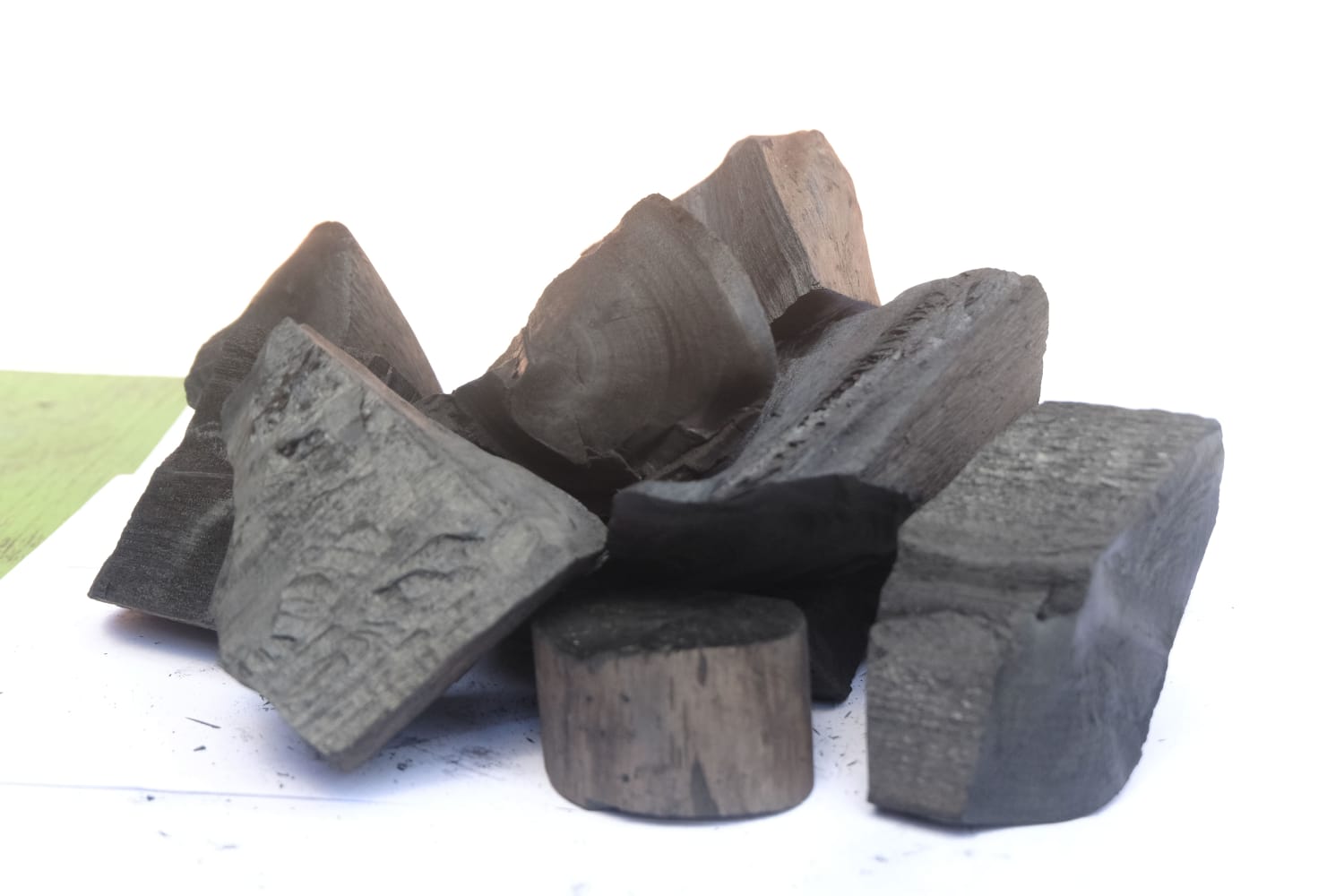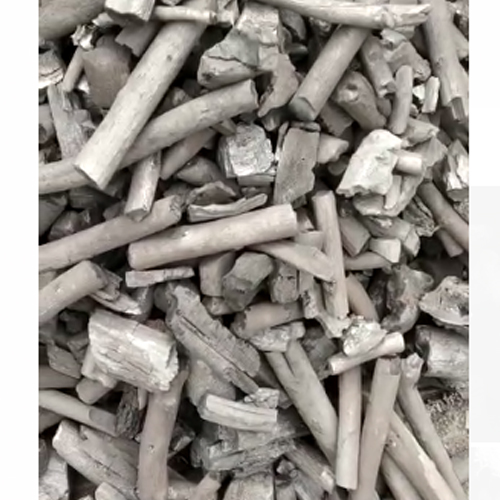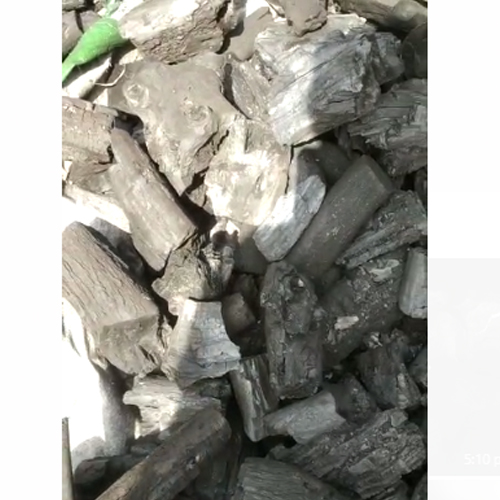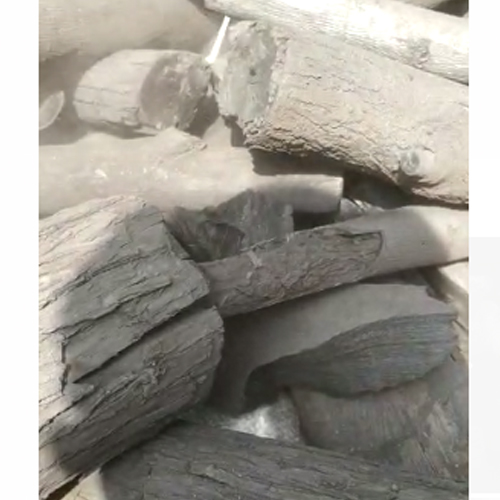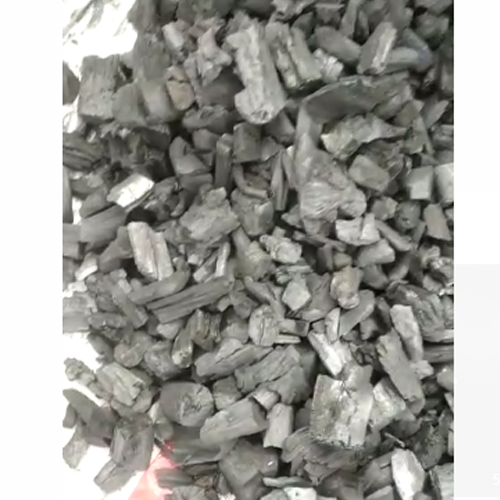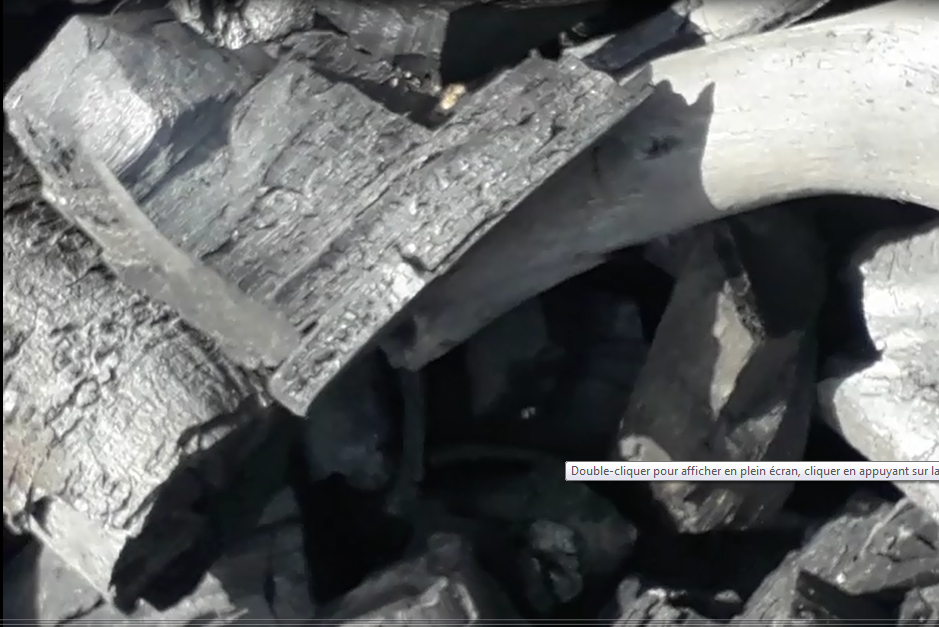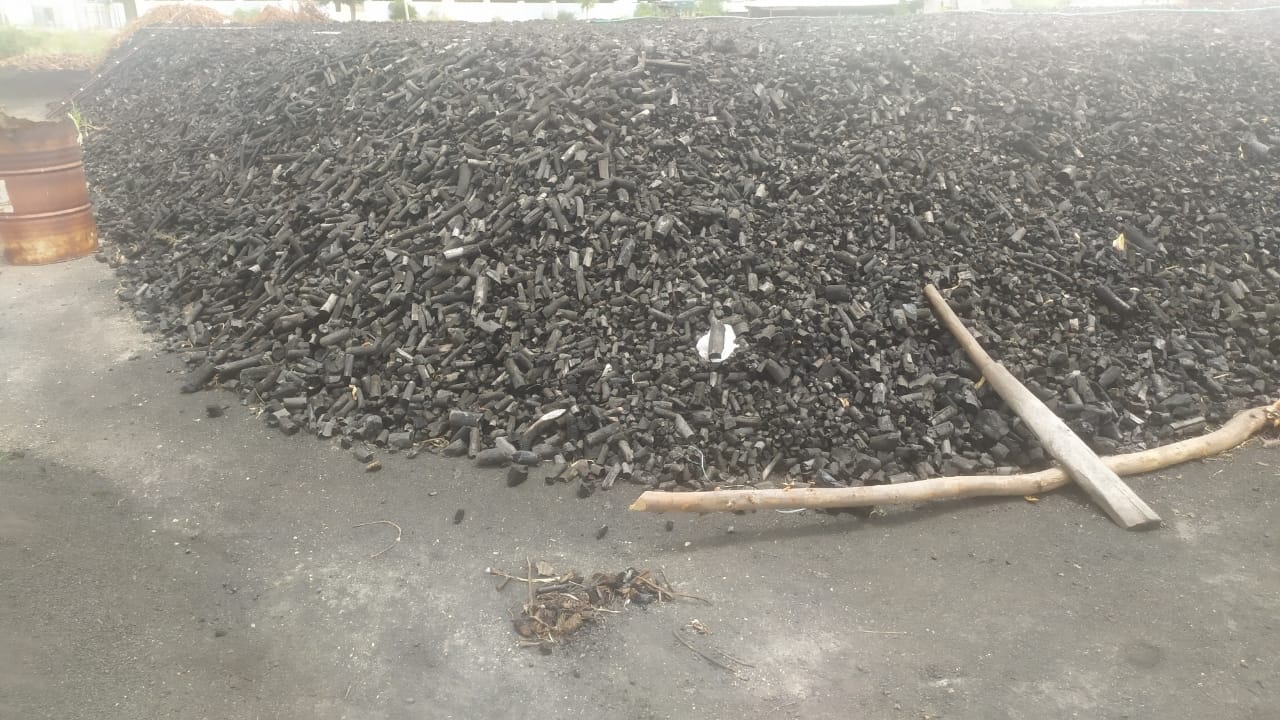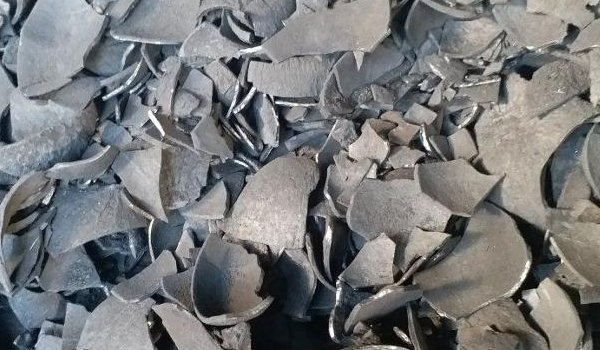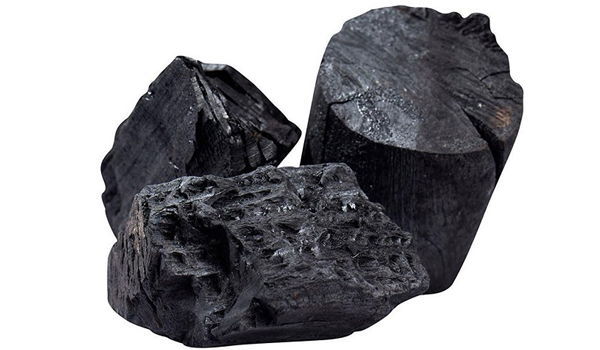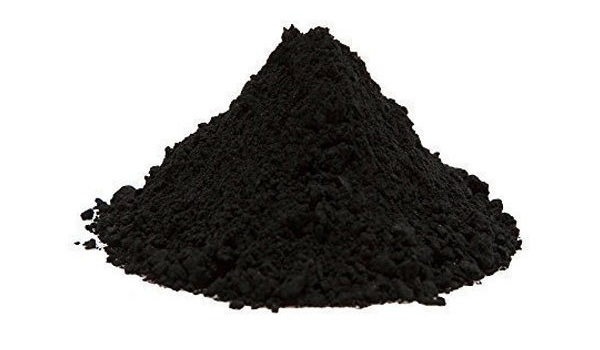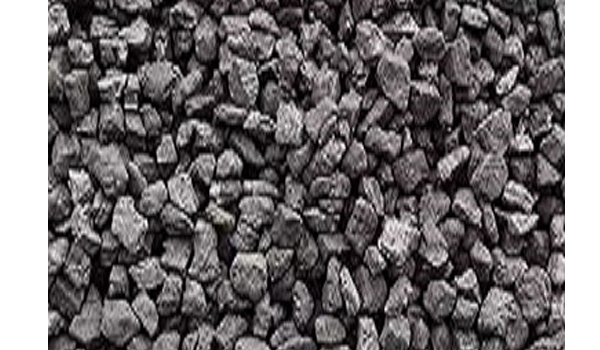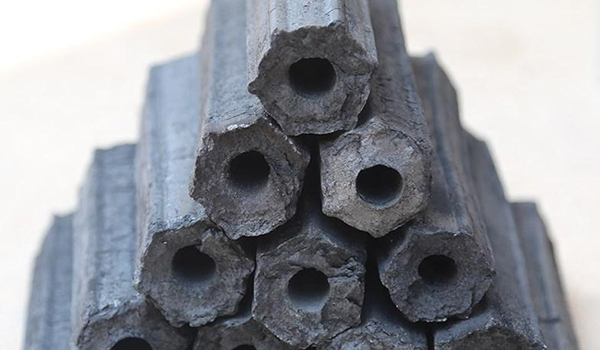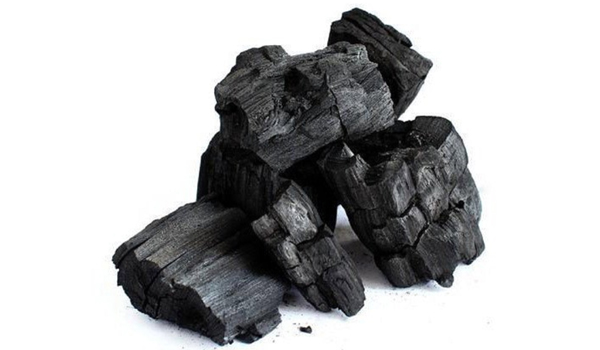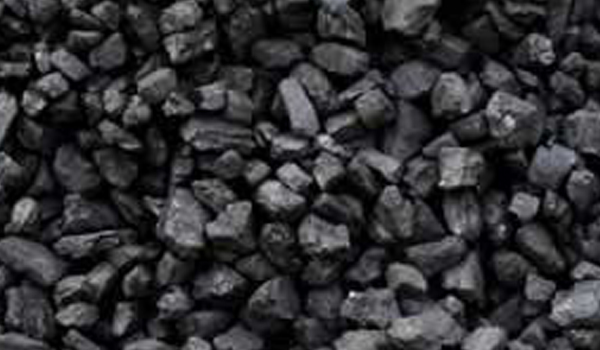Find best Charcoals Suppliers for all your bulk order needs
We connect buyers to top Charcoals Suppliers, helping both find the right match for their needs.
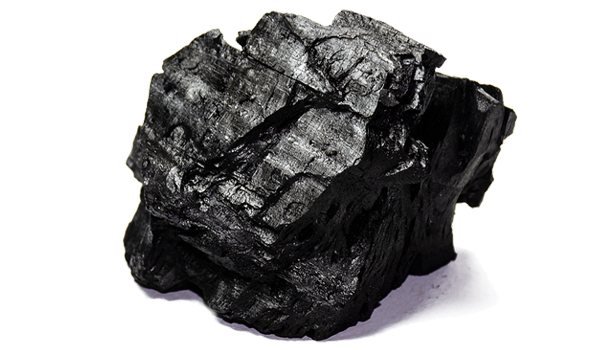
Browse Charcoals products at wholesale price from the best Charcoals suppliers
Looking for a supplier of Charcoals at wholesale prices? Look no further! Post your requirements and get best deals on Charcoals for your business from multiple Charcoals suppliers.
Hardwood Charcoal Hight Quality
Price : $ 450 / Ton
Road Perumnas Baluti, Rt 07, Rw 0, Hulu Sungai Selatan Regency, South Kalimantan Province, Indonesia. , Banjarmasin, Kalimantan Selatan, Indonesia, 70111, Indonesia
Wood Charcoal Sticks
Plo no.119 Near HarNandi kante wali gali Mundka Industrial area, Delhi, Delhi, 110041, India
Hard Wood Root Charcoal
Plo no.119 Near HarNandi kante wali gali Mundka Industrial area, Delhi, Delhi, 110041, India
Hard Wood Charcoal
Plo no.119 Near HarNandi kante wali gali Mundka Industrial area, Delhi, Delhi, 110041, India
Black Wood Charcoal Crushed
Plo no.119 Near HarNandi kante wali gali Mundka Industrial area, Delhi, Delhi, 110041, India
ACACIA BBQ WOOD CHARCOAL
Price : $ 390 / Ton
000 - ESPACE TUNIS – BU – H3-1, MONTPLAISIR, Tunis, 1285, Tunisia
Charcoals
Explore Charcoals related category & post requirement to connect with Charcoals related suppliers for your bulk order needs and get the best deal on high-quality Charcoals related products at wholesale price.
Charcoals:
Charcoal is a black porous carbon residue produced by strongly heating wood or other animal and plant materials. The heat is supplied by burning part of the starting material itself to drive off all water and other volatile constituents from the wood. This is called as pyrolysis process which is very traditional where a limited amount of oxygen is supplied. It can also be produced by heating the material in a closed retort. Charcoal burns at a higher temperature than wood. While burning, it provides hardly any visible flame, and doesn't produce any smoke, soot, or unburnt volatile.
Wood charcoal is the residue produced by destructive distillation of wood.
Types of Charcoals:
There are many different types of charcoal depending on its structure and properties. The properties of the charcoal produced depend on the material to be burnt for producing residue. The burning temperature is also important in producing charcoal. It contains hydrogen, oxygen, ash and other impurities and the amount of each varies depending up on the type of charcoal.
- The most common type of charcoal is made from coal, wood, peat, coconut shell, or petroleum.
- Lump charcoal is a traditional charcoal and is produced by heating the hardwood material directly.
- Activated charcoal is manufactured by heating the common charcoal at about 900 °C (1,650 °F) in the presence of a gas. This process develops many pores in the charcoal which help to trap chemicals. As almost all the impurities on the surface of the charcoal are removed during this process, the adsorption capacity of activated charcoal is more compared to common charcoal. These are mostly used as medication.
- Sugar charcoal is manufactured from the carbonization of sugar to create synthetic diamonds. Firstly, any mineral matter present in the charcoal is removed by boiling it with acids to get it purified. After that it is burned for a long time in a current of chlorine to remove the last traces of hydrogen.
- Pillow shaped briquettes are produced by compressing charcoal. These are typically produced from sawdust and other wood by-products by adding a binder and other additives. Usually starch is used as a binder. Brown coal and mineral carbon are the heat source in this type of charcoal. Sodium nitrate or raw sawdust can be the ignition aid. Limestone or ash-whitening agent, borax and other additives are also present in a briquette.
- Sawdust briquette charcoal is produced by compressing sawdust without addition of any kind of binders or additives. As it does not produce any odor or smoke, it is generally used for barbecue. It is also preferred for barbecue as it produce little ash, high heat, and long burning hours.
- Japanese charcoal does not produce any smell or smoke when burned as the pyroligneous acid is removed during the charcoal making process. White, black and ogatan are three types of Japanese charcoal available.
Uses of Charcoals:
- Charcoals are used as metallurgical fuel from centuries. Charcoal was used as industrial fuel for smelting iron in furnaces and finery forges. Charcoal was also used as a cooking fuel.
- Charcoal is used in the production of black powder, which is used in the production of fireworks.
- The highly effective absorbing properties at a microscopic scale make charcoal perfect to be used in many cosmetic products.
- As activated charcoal are capable of adsorbing a wide range of organic compounds dissolved or suspended in gases and liquids, these are used as a filter.
- Impurities cause an undesirable color during the purification process of sucrose from cane sugar, which can be removed with activated charcoal.
- It is also used to absorb undesirable odors and toxins in gases.
- Activated charcoal is mainly used for medical purpose for absorption of poisons.
- Charcoal is used for a variety of health related issues such as to treat stomach pain caused by excess gas, diarrhea, or indigestion.
- Charcoal is also used to relieve itching related issue from kidney dialysis treatment and to treat poisoning or drug overdose.
- Charcoal is used in art for drawing and making rough sketches in painting.
